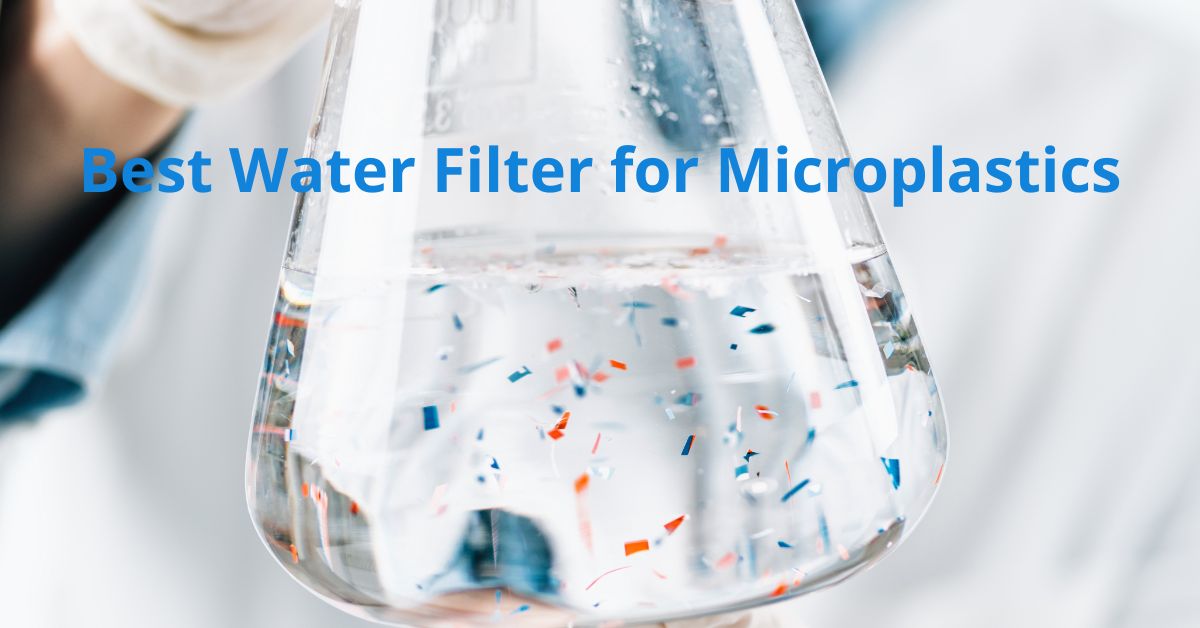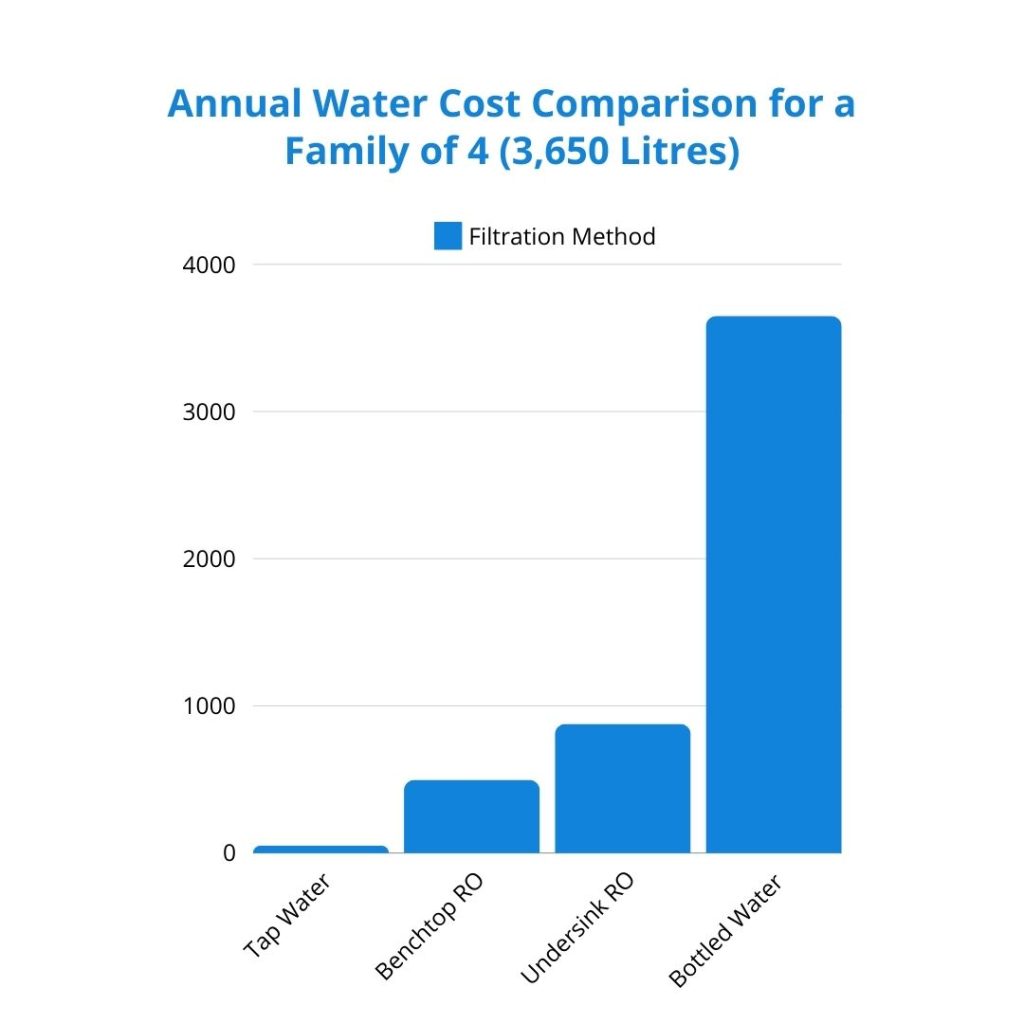
Best Water Filter for Microplastics
I’ve tested countless filtration systems over the years as a water quality enthusiast, and people often ask me about the best ways to remove microplastics from drinking water. With recent studies showing that we consume thousands of microplastic particles each year through our water, it’s no wonder this has become such a hot topic. Today, I want to share my insights on finding the best water filter for tackling this modern contaminant.
Is There a Water Filter That Removes Microplastics?
The short answer is yes! But let me break down the options I’ve found most effective in my years of experience:
Reverse Osmosis System for Home
If you’re asking for my top recommendation, a reverse osmosis (RO) system would be it. They consistently outperform other filtration methods when it comes to microplastic removal:
- They use a super-fine membrane (typically 0.0005 microns) that catches particles much smaller than most microplastics (1–1,000 μm in size)
- they remove up to 99% of contaminants, including those pesky plastic particles
- They provide comprehensive filtration for other contaminants too
The only drawbacks I’ve found are the higher initial cost. But in my book, the pure, clean water they produce makes them worth every penny.
Under Sink Water Purification Systems
Coming in as my second choice, quality under sink systems can be excellent for microplastic removal and here’s what I love about them:
- They often use multiple filtration stages, which I’ve found crucial for catching different sizes of microplastics
- They’re typically more affordable than RO systems
- They don’t take up counter space
When choosing an under sink system, I always recommend looking for one with at least a carbon block filter and a sediment filter. In my experience, this combination is key for effective microplastic removal.
Countertop Water Filter
For renters or those who prefer a no-installation option, I often suggest a high-quality countertop filter. While they might not be as comprehensive as RO systems, I’ve found some impressive models that do a solid job:
- They’re portable and easy to set up
- Many use advanced carbon block technology
- They’re generally more affordable
The best countertop filters can remove particles as small as 0.5 microns, effectively capturing a significant portion of microplastics.
Installation and Maintenance Tips
Based on my experience, here are some key points to consider:
- Check your water pressure for under-sink systems and RO units. I’ve found that inadequate pressure can affect performance. They run perfect on mains water pressure but are not suitable for gravity fed rain water.
- Regular maintenance is crucial. I change my filters on schedule and always notice a difference.
- If you’re not handy with plumbing, I strongly recommend professional installation for under sink and RO systems. Trust me, I’ve seen too many DIY disasters!
Cost Considerations
Let me break down what I typically see in terms of initial costs:
- Reverse osmosis systems: $350-$800
- Under sink systems: $200-$500
- Countertop filters: $200-$800
Remember, these are initial costs. Factor in replacement filters and potential installation fees. In my experience, it’s worth investing in quality – I’ve learned the hard way that cheaper systems often need more frequent filter replacements and may not perform as well.
Environmental Impact

As someone passionate about water quality and environmental sustainability, I always consider the ecological impact of filtration systems. While filters do create some waste, I believe the environmental cost of bottled water is far greater. Plus, many of the systems I recommend use long-lasting filters, minimising waste.
Based on my extensive testing and real-world experience, a reverse osmosis system is your best bet for comprehensive microplastic removal. However, both under sink and countertop systems can be effective alternatives depending on your specific needs and circumstances.
Always keep in mind that the best filter is the one that you’ll actually use consistently. Whether you choose an RO system, an under sink unit, or a countertop filter, you’re taking a positive step towards cleaner, healthier water.



